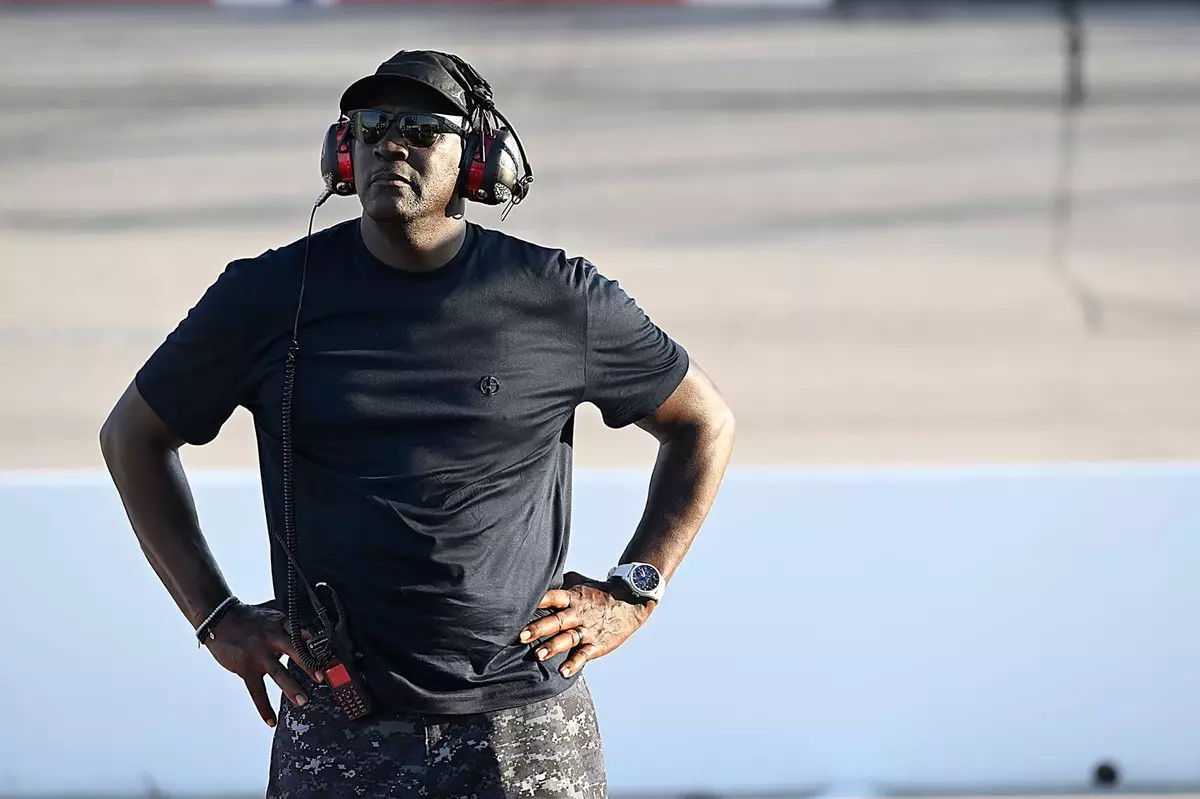The racing world is witnessing a significant upheaval as 23XI Racing and Front Row Motorsports have taken a bold step by filing a joint lawsuit against NASCAR. This legal action alleges that NASCAR is operating under “anti-competitive and monopolistic” principles, effectively curtailing the potential for fair competition within the sport. Their refusal to sign a newly proposed charter agreement highlights deeper concerns over the governance of NASCAR and raises questions about whether the structure of the sport is benefitting all stakeholders or merely a select few.
The lawsuit’s backdrop paints a picture of an ongoing struggle for power and control within NASCAR. The charter system, introduced in 2016, aimed to provide stability and a framework for teams, but its recent iteration has provoked dissent among those who feel cornered by NASCAR’s practices. Emphasizing a spirit of camaraderie and competition, the joint statement from 23XI and Front Row indicates that they believe fundamental changes are imperative for the growth of the sport.
The statement encapsulates the driving force behind the lawsuit: a desire for racing to flourish as a more equitable arena. The rhetoric used by both teams signals their commitment not just to themselves but to the broader community of drivers, teams, sponsors, and fans who contribute to NASCAR’s vibrant ecosystem.
Both teams have cast a critical eye on the NASCAR leadership, particularly the France family, which has held sway over the series since its inception in 1948. The allegations include a lack of transparency and the stifling of competition through various anti-competitive practices. This includes the acquisition of majority ownership in premier racetracks, exclusivity agreements that restrict competition, and unyielding control over essential components and suppliers for the teams.
These elements suggest a deeply entrenched system where NASCAR’s power dynamics favor the governing body over the operational autonomy of teams. The implications of these claims are profound, as they not only affect team performance but also influence fan engagement and the overall perception of the sport.
The ramifications of this legal battle could indeed reshape NASCAR’s landscape. If 23XI and Front Row succeed in their antitrust claims, it could herald a shift toward a more competitive environment where teams are incentivized to innovate and perform better. Their demand for “treble damages” implies a severe critique of the current charter terms, arguing that these are designed to keep certain teams down while elevating others.
Moreover, the action taken by these teams resonates beyond the courtroom. It serves as a rallying cry for other teams facing similar frustrations within the NASCAR framework. The prospect of renewal and reform in how NASCAR operates has the potential to attract new sponsors, bolster fan interest, and maybe even lure back fans who feel disconnected due to perceived inequities in racing.
Leaders from both teams have articulated their personal commitments to creating a more equitable competitive landscape. Michael Jordan, co-owner of 23XI, emphasizes his competitive nature and desire for fairness. His public statements indicate that the motivation behind this lawsuit is not merely personal ambition but a broader vision for the sport that favors all participants. Similarly, Bob Jenkins of Front Row Motorsports speaks from a place of pride and a sense of duty to push for necessary reforms within NASCAR’s governing structures.
This collective drive for change reveals an underlying sentiment resonating across many tiers of the NASCAR ecosystem—the view that victory should not be dictated by an asymmetric power dynamic but rather earned through competition and merit. Their focus on establishing what they term a “true partnership” denotes a break from past practices that have favored a more monopolistic approach.
As both teams prepare to seek a preliminary injunction that would allow them to operate under the disputed charter, the coming months will undoubtedly be a period of intense scrutiny and negotiation. Legal proceedings can often take unexpected pathways, but the outcome could ultimately redefine how teams and NASCAR interact and operate in the future.
Whether this lawsuit prompts significant changes to NASCAR or forces the governing body to engage more collaboratively with teams remains to be seen. What is certain, however, is that the once tight-knit bond between teams and NASCAR is now being challenged, signaling that the future of this storied sport may lie in its ability to adapt, grow, and fairly represent all its stakeholders, from drivers to fans.


Leave a Reply